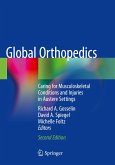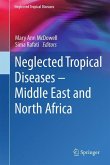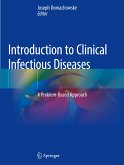The most urgently needed vaccines are those against poverty-related diseases such as tuberculosis, malaria and HIV. However, there is a considerable gap between the development of a vaccine and the implementation as a useful measure for disease control. Major obstacles need to be overcome even after successful completion of the preclinical stage.
This book provides an important link between vaccine development and application under the particular conditions in developing countries.
The editors, S.H.E. Kaufmann and P.H. Lambert - one from the field of basic research and the other an expert on the side of applied vaccinology - have gathered contributions from specialists of both fields in an attempt to create a source of information that has thus far not been available.
Hinweis: Dieser Artikel kann nur an eine deutsche Lieferadresse ausgeliefert werden.
This book provides an important link between vaccine development and application under the particular conditions in developing countries.
The editors, S.H.E. Kaufmann and P.H. Lambert - one from the field of basic research and the other an expert on the side of applied vaccinology - have gathered contributions from specialists of both fields in an attempt to create a source of information that has thus far not been available.
Hinweis: Dieser Artikel kann nur an eine deutsche Lieferadresse ausgeliefert werden.
"The book gives a useful insight into many aspects of practical vaccinology. The recent availability of new funding through the Gates Foundation, the Global Alliance for Vaccines and Immunization, and the Vaccine Fund will open new opportunities for vaccination programmes in countries of th edeveloping world."
(Microbiology Today)
(Microbiology Today)








